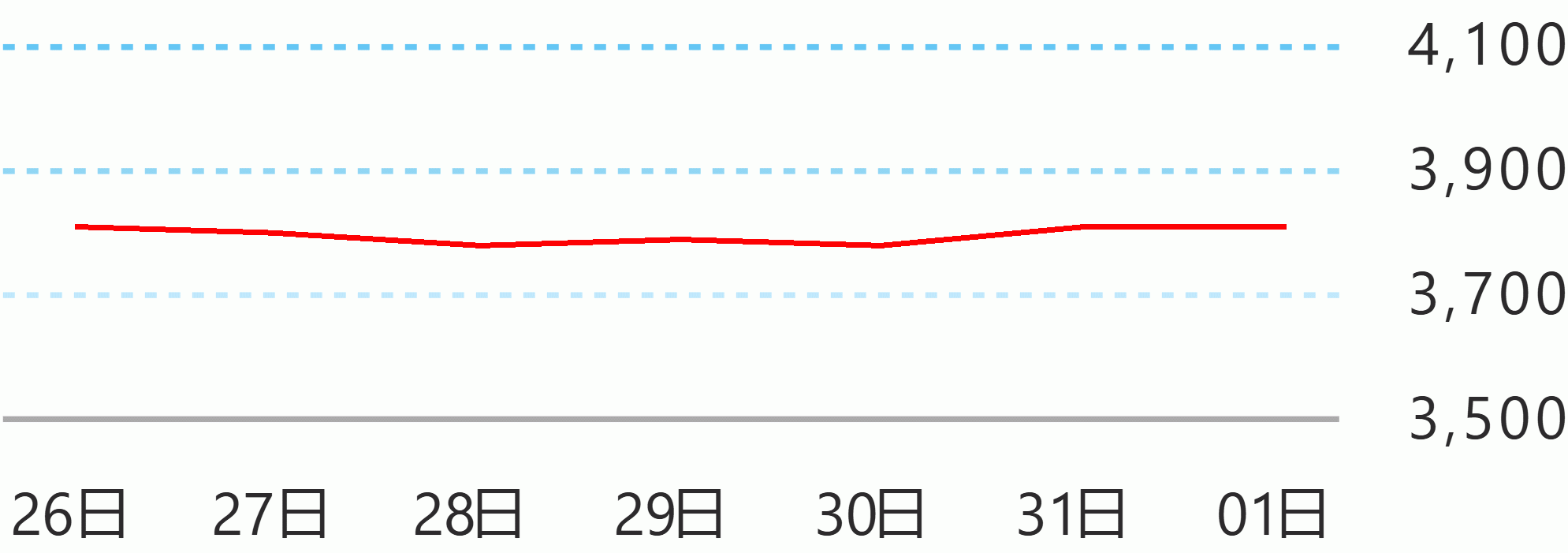Residents in the provinces of Laguna and Quezon who will be affected by the construction of the Philippine National Railways (PNR) South Long Haul Project have been guaranteed of livable relocation sites as the Department of Transportation (DOTr) on Wednesday broke ground for the construction of resettlement sites as part of the agency’s social benefits.
DOTr partnered with the national agencies Department of Human Settlements and Urban Development (DHSUD), National Housing Authority (NHA), and provincial governments of Laguna and Quezon for the construction of 3,651 housing units, worth P2.83 billion, at designated sites in San Pablo City in Laguna, and Tiaong, Candelaria, Sariaya, and Pagbilao in the province of Quezon.
Transportation Secretary Jaime Bautista said the rail project will benefit not only passengers but also residents of communities situated along and near the rail line.
"Ang proyekto ng DOTr ay magbibigay ng maginhawang travel experience sa ating lahat, while at the same time, magiging mabilis ang biyahe natin from one place to another," Bautista said in a ceremony in San Pablo, Laguna.
The transport chief expressed gratitude to the support and willingness of the affected families to be relocated for the safe implementation of the project.
"Napaka importante ho ng inyong suporta dahil magiging safe ang pagtakbo ng ating mga train kung malilipat po namin kayo sa mas magandang lugar and at the same time mag improve ang inyong pamumuhay at magkakaroon kayo ng magandang pabahay na malinis at maayos," he added.
According to the transport chief, the government will build highly livable communities, complete with schools, markets, hospitals, transport hubs and livelihood opportunities for affected residents.
Forming part of the massive North-South Commuter Railway (NSCR) System, the entire PNR South Long Haul Project is a 577-kilometer and 33-station rail connection from Metro Manila to Batangas and Bicol.
Once completed, the rail line will reduce travel time from Manila to Legazpi from the present 14-18 hours to six hours, using regular commuter trains and 4.5 hours, using the line's express trains. DOTr





 English
English










